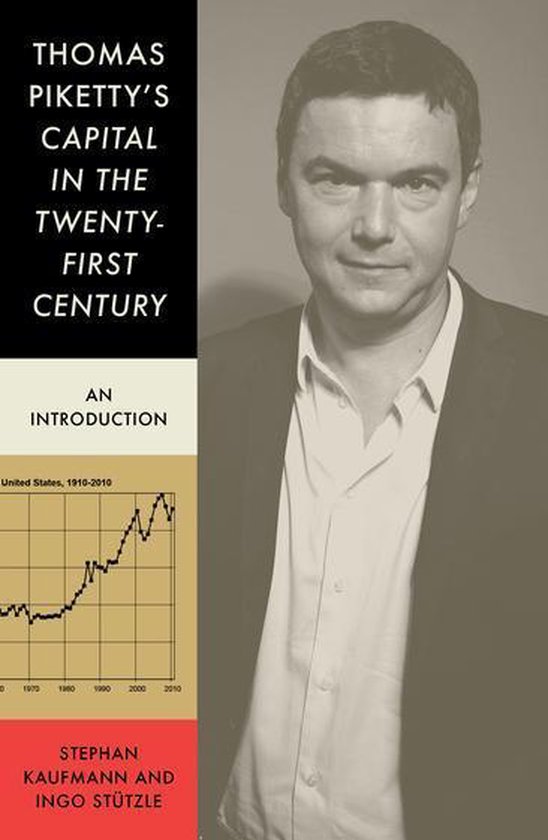US Nobel Prize winner Paul Krugman described Thomas Piketty's Capital in the Twenty-First Century as "perhaps the most important book of the last decade". It has sparked major international debates, dominated bestseller lists and generated a level of enthusiasm-as well as intense criticism-in a way no other recent economic or sociological work has. Piketty has been described as a new Karl Marx and placed in the same league as the economist John Maynard Keynes. The 'rock star economist's' (Financial Times) underlying thesis: inequality under capitalism has reached dramatic proportions in the last few decades and continues to grow-and not by coincidence. Thus, a small elite becomes simultaneously richer and richer and more and more powerful.
Given the sensational reception of the not-so-easily digested 800-page study that spans back to the eighteenth century, the question as to where the hype around Piketty's book comes from deserves to be asked. What is correct in it? What are the criticisms of it? And what should we make of it-both of the book itself and of the criticism it has received? This book lays out the argument of Piketty's monumental work in a compact and understandable format, while also investigating the controversies that this book has caused. In addition, the two authors demonstrate the limits, contradictions and errors of the so-called 'Piketty revolution'.
